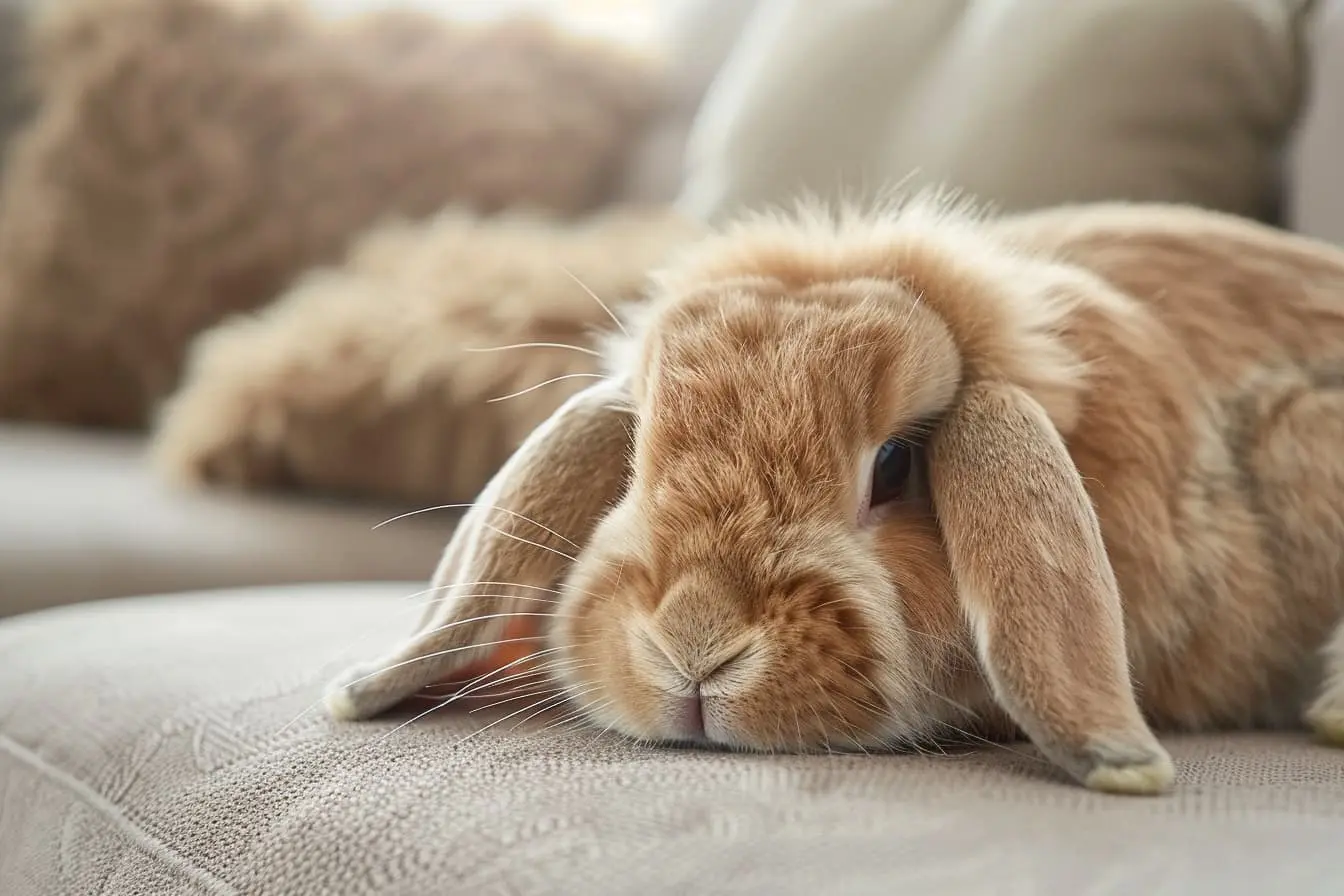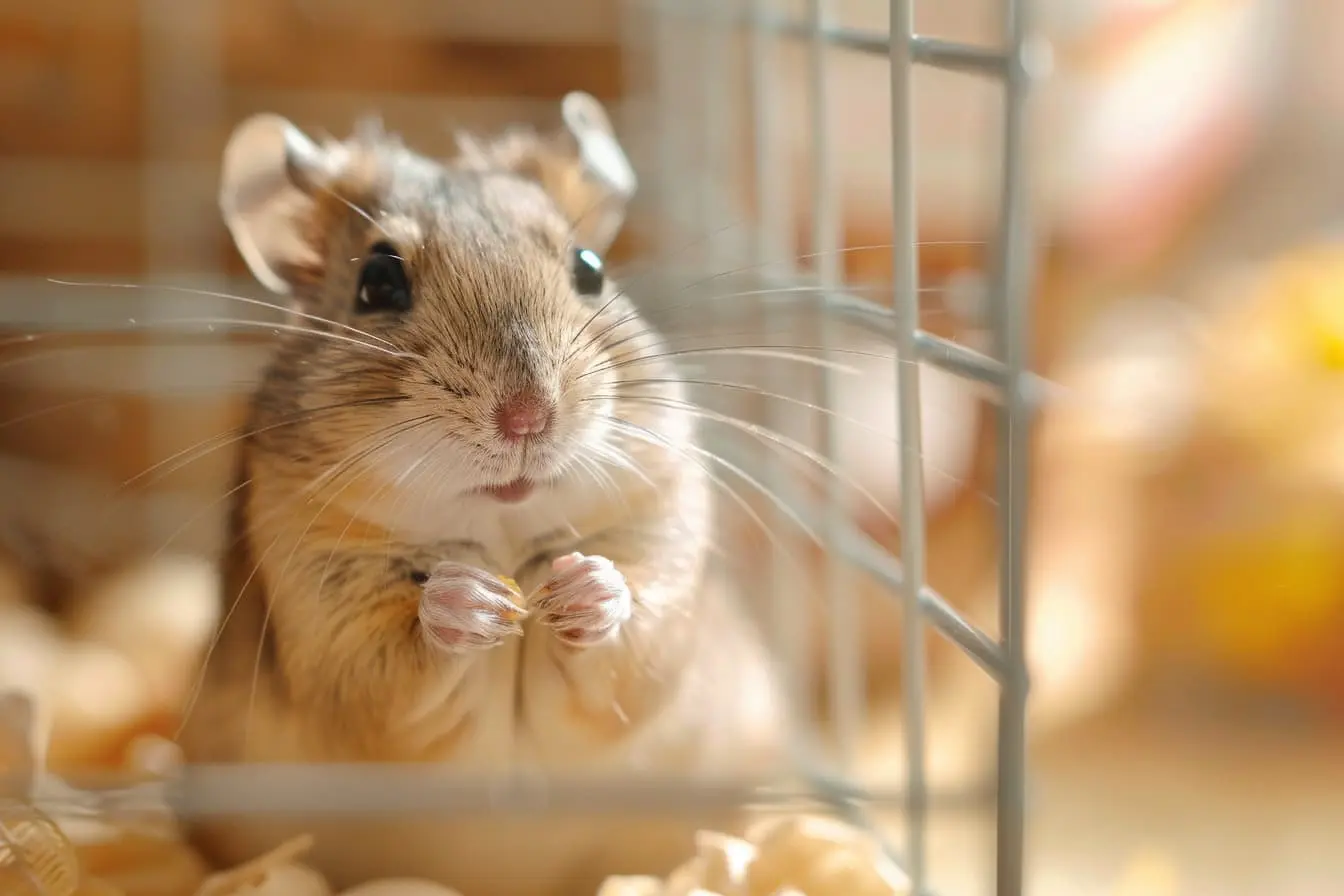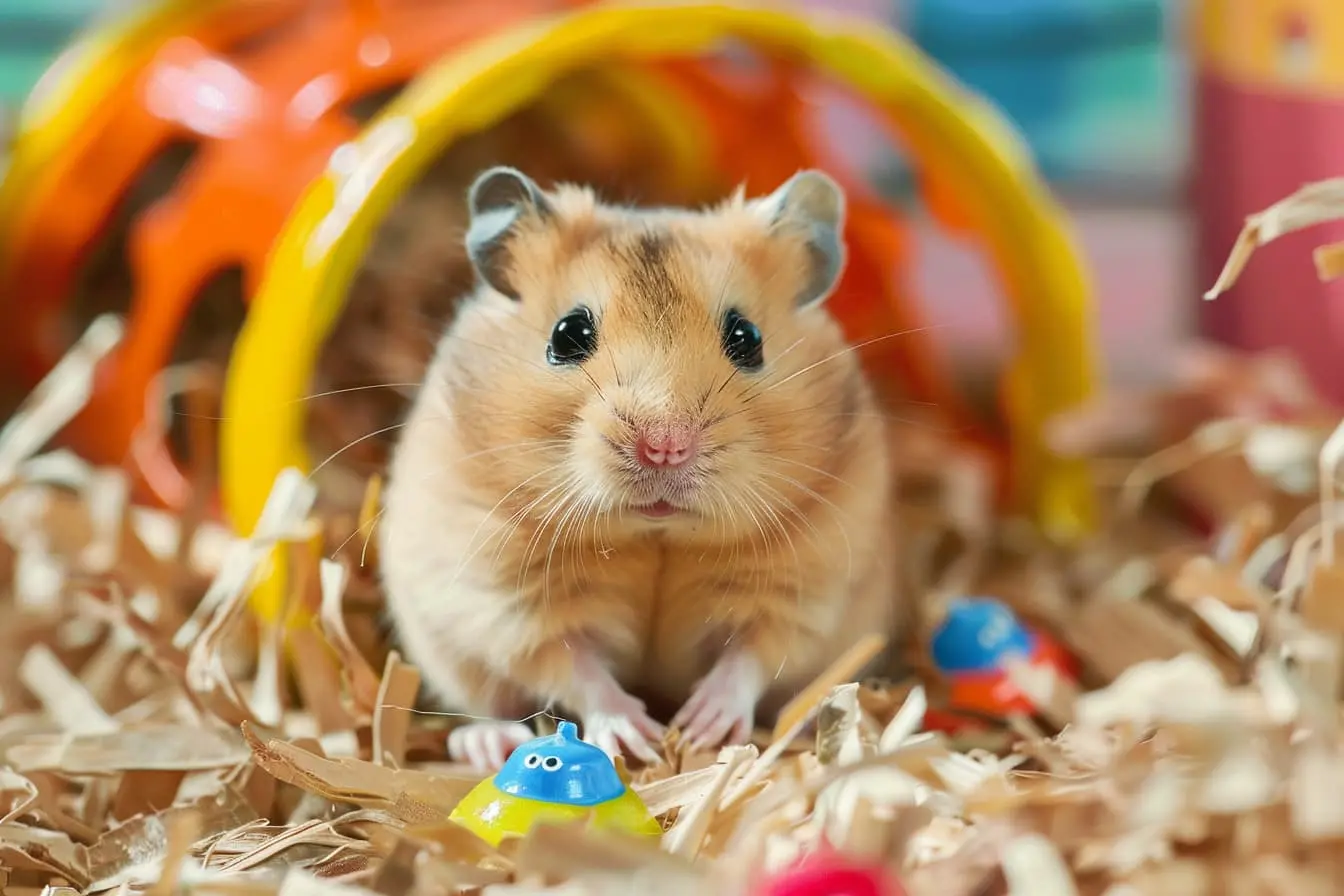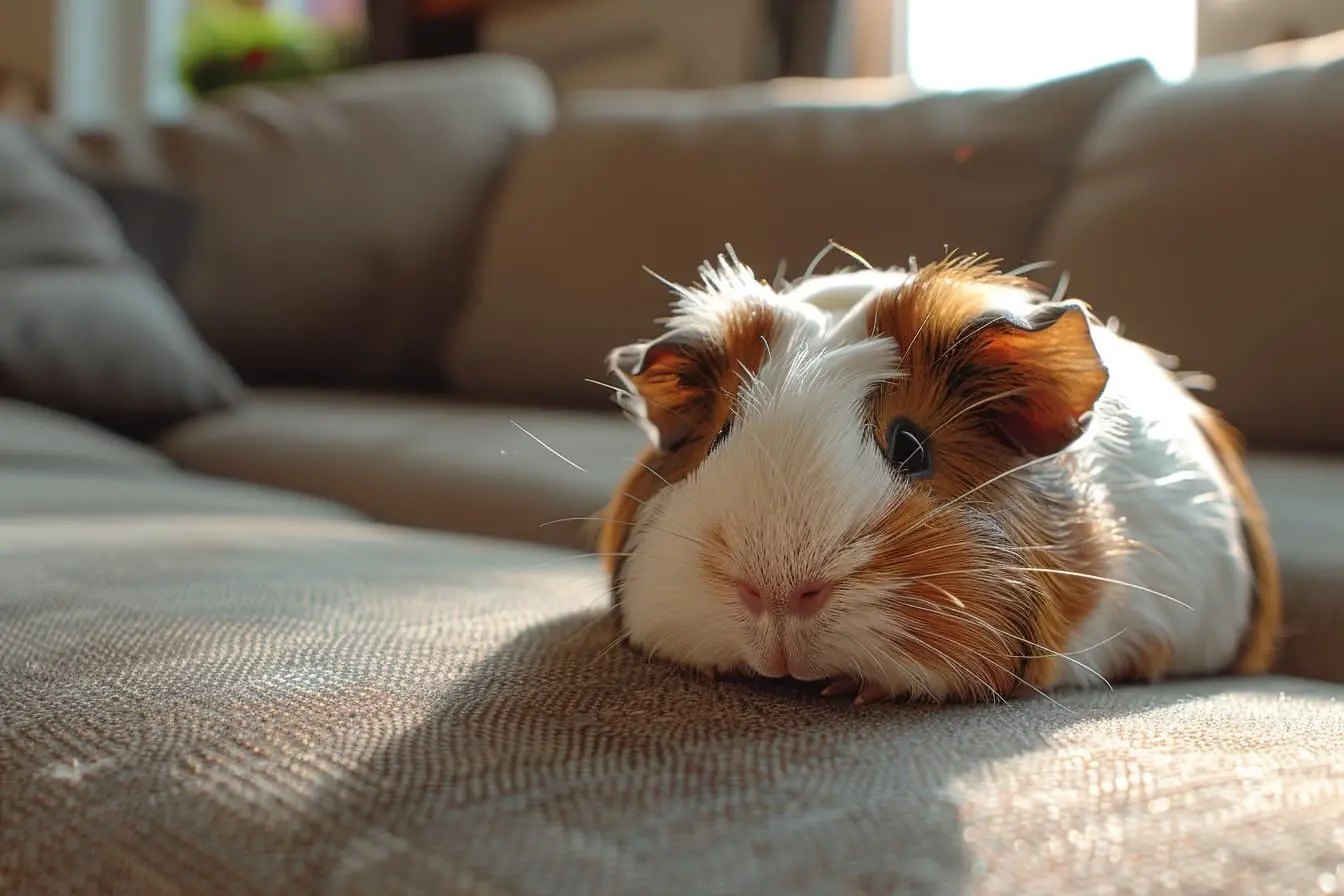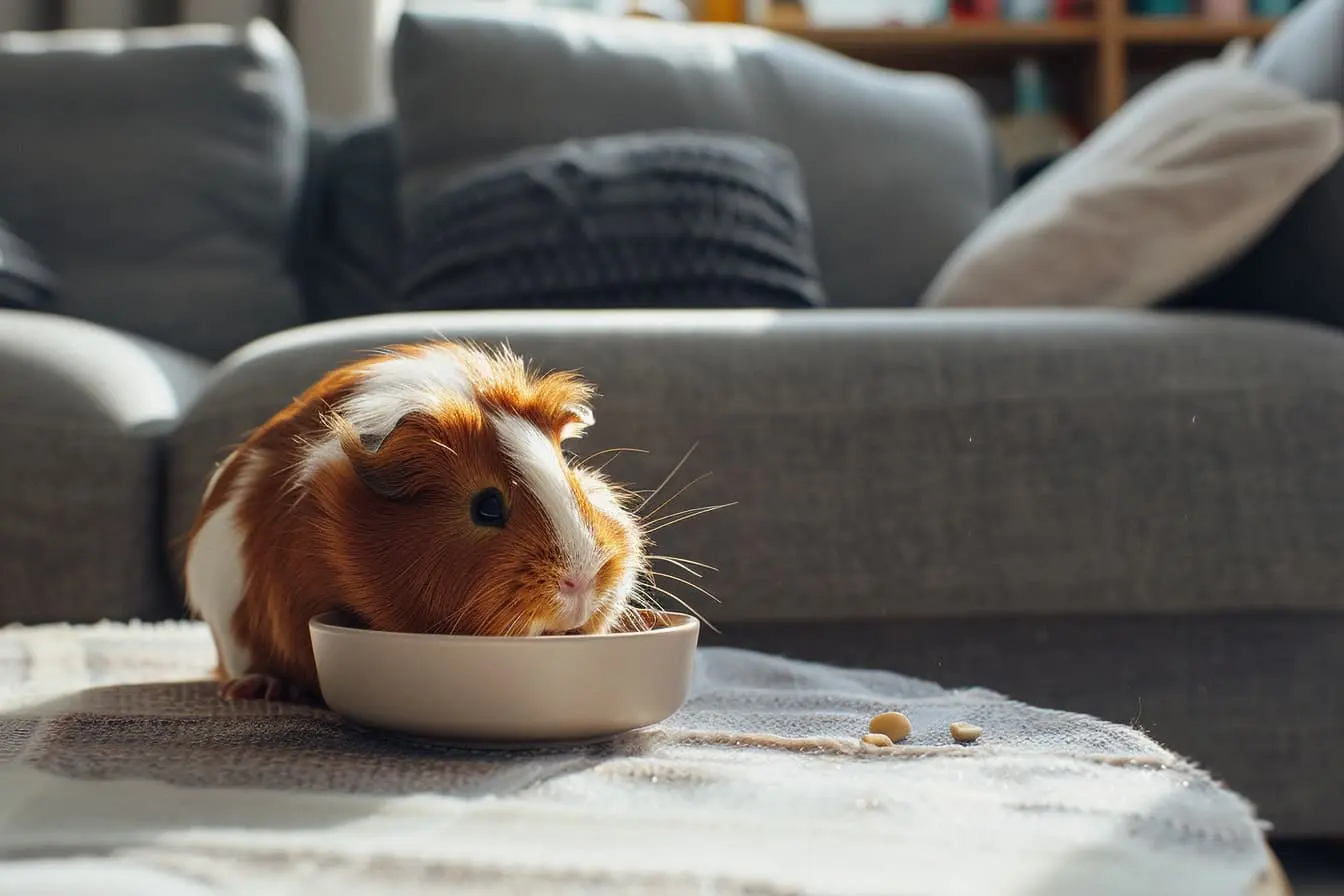
The Ultimate Guide to Feeding Your Guinea Pig: Nutrition for a Happy, Healthy Pet
Bringing a guinea pig into your family is a delightful experience. These sociable and affectionate creatures make fantastic pets, but as with any animal, understanding their dietary needs is essential for their health and wellbeing. This guide is designed to help new guinea pig owners navigate the complexities of their pet's nutrition, ensuring they lead a long, happy, and healthy life.
Understanding Guinea Pig Nutrition
Guinea pigs are herbivores, and their diet should consist mainly of hay, fresh vegetables, a small amount of fortified pellets, and constant access to clean water. A unique aspect of guinea pig nutrition is their need for vitamin C, as they cannot produce it themselves. Therefore, it's crucial to provide a diet that includes good sources of this vital nutrient.
The Foundation: Hay
Hay is the cornerstone of a guinea pig's diet and should be available at all times. It provides the necessary fibre for a healthy digestive system and helps prevent dental problems by enabling natural teeth wear. Timothy hay is the best option, but orchard grass and meadow hay are also suitable. Alfalfa hay is richer and should only be given to pregnant, nursing, or young guinea pigs.
Fresh Vegetables: A Daily Must
Fresh vegetables are essential for providing vitamins and minerals, especially vitamin C. Include a variety of veggies in your guinea pig's diet, such as bell peppers (rich in vitamin C), leafy greens like romaine lettuce and kale, and small amounts of carrots and cucumber. Introduce new vegetables slowly to avoid digestive upset and always wash them thoroughly.
Vitamin C Supplementation
Since guinea pigs cannot produce vitamin C, they need a dietary source to prevent scurvy, a disease caused by vitamin C deficiency. Some ways to include vitamin C in their diet include:
- Fortified pellets: Ensure the pellets are specifically designed for guinea pigs and contain added vitamin C.
- Vitamin C-rich vegetables: Regularly include bell peppers and other vitamin C-rich foods in their diet.
- Supplements: In some cases, your vet may recommend a vitamin C supplement. Avoid adding vitamin C to their water as it degrades quickly and can change the taste, discouraging drinking.
Pellets: Quality Over Quantity
While hay and fresh vegetables should make up the majority of your guinea pig's diet, high-quality, guinea pig-specific pellets can provide additional nutrients. Limit pellets to about an eighth of a cup per day for an adult guinea pig to prevent obesity. Look for pellets that are fortified with vitamin C and avoid those with added seeds, nuts, or coloured pieces, which can lead to selective feeding.
Treats and Foods to Avoid
Treats should be given sparingly and could include small pieces of fruits such as apples, blueberries, and strawberries. However, because of their high sugar content, fruits should be a rare treat rather than a regular part of the diet. Avoid feeding your guinea pig processed foods, dairy, and anything from the onion family, as these can be harmful.
Fresh Water: An Essential
Guinea pigs must have access to fresh, clean water at all times. A water bottle with a sipper tube is preferable to a bowl, as it remains cleaner and is easier for them to drink from.
Conclusion
Proper nutrition is fundamental to your guinea pig's health and happiness. By providing a diet rich in hay, supplemented with fresh vegetables, fortified pellets, and the occasional treat, you'll be ensuring your furry friend gets the best possible care. Remember, a well-fed guinea pig is a happy guinea pig, and with the right diet, your pet will thrive for years to come. Welcome to the rewarding journey of guinea pig ownership!
Vets near you
Speciality vets
- Aquatics vet specialists
- Birds vet specialists
- Camelids vet specialists
- Cats vet specialists
- Cattle vet specialists
- Deer vet specialists
- Dogs vet specialists
- Equines vet specialists
- Exotic vet specialists
- Goats vet specialists
- Pigs vet specialists
- Poultry vet specialists
- Sheep vet specialists
- Small Mammals vet specialists
- Wild vet specialists
Vet facilities
- Accessible by public transport
- Blood testing
- Car park nearby
- Client car park
- Dentistry
- Diagnostic imaging
- Disabled public access
- Flea and worm treatments
- Microchipping
- Mobile services
- Neutering
- Open at weekends
- Out-of-hours service
- Referral interests
- Referrals only
- Street parking outside
- Toilets available
- Vaccinations
